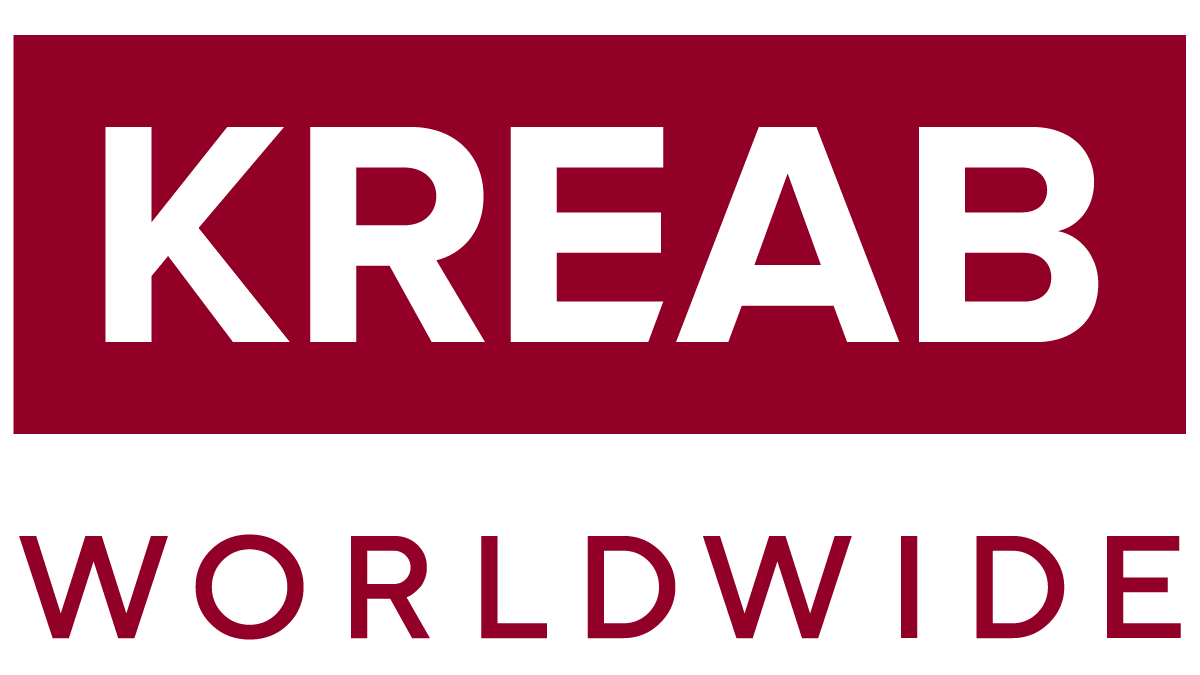
14/11/2025
Weekly China Insight – 14 November 2025
Nexperia dispute continues to disrupt semiconductor supply chains
In September, the Dutch government took the extraordinary step of seizing control of Nexperia, a semiconductor company owned by Chinese firm Wingtech. This move, prompted by concerns over national security and technology transfers to China, triggered immediate retaliation from Beijing. In response, China imposed export controls on Nexperia’s chips, which are essential to the production of automotive components. These actions have sent shockwaves through the global semiconductor supply chain, with European automakers, who rely heavily on Nexperia’s chips, facing significant disruptions.
As of 9 November, the Chinese commerce ministry (MofCom) has formally blamed the Netherlands for the supply chain crisis, asserting that the Dutch government’s interference with Nexperia’s internal affairs is the root cause of the turmoil. While China has granted temporary exemptions to ease the export restrictions on certain chips, MofCom has reiterated that the Netherlands must take “constructive action” to resolve the issue. MofCom also indicated that it has been in direct contact with European companies to restore the flow of chips, signaling that partial progress has been made. However, tensions persist as the dispute over Nexperia’s ownership remains unresolved.
The Nexperia dispute highlights the growing geopolitical risks within the global semiconductor supply chain, with China leveraging its control over crucial components to exert pressure on the EU. While the immediate crisis may have been partially mitigated with the easing of export controls, the dispute underscores the vulnerabilities in Europe’s dependence on Chinese-controlled supply chains for critical industries like automotive manufacturing.
Beijing protests Taiwan No. 2 leader’s speech at European Parliament
On 7 November, Taiwan’s second-in-command, Hsiao Bi-khim, sparked a diplomatic row with Beijing after delivering a speech at an unofficial European Parliament event. Speaking at a conference organized by the Inter-Parliamentary Alliance on China (IPAC), Hsiao called for closer ties between Taiwan and Europe, despite Taiwan’s lack of formal diplomatic recognition. Beijing quickly condemned Hsiao’s speech, accusing the European Parliament of violating the One-China policy and meddling in its internal affairs. The Chinese mission to the EU described Hsiao as a “Taiwan separatist” and demanded the EU cease supporting Taiwan’s independence.
Hsiao’s speech underscores the delicate position the EU faces as it navigates growing tensions over Taiwan while balancing economic and diplomatic relations with Beijing.
China lashes out against possible EU plan to phase out Huawei and ZTE from telecom networks
On November 11, 2025, a Chinese foreign ministry spokesperson criticized a potential move by the European Commission to force EU member states to phase out Huawei and ZTE from their telecommunications networks. Lin emphasized that Chinese companies have long operated in Europe in compliance with local laws, providing high-quality products and services, and contributing positively to local economic development and employment. The spokesperson pointed out that removing Chinese telecom companies’ equipment without legal basis or factual evidence would violate market principles and fair competition rules, and that such actions had already delayed technological progress in some EU countries and resulted in significant economic losses.
According to a Bloomberg report, EU Vice President Henna Virkkunen is pushing for a recommendation made in 2020 to be formalized into binding laws, which would require EU member states to remove Huawei and ZTE gears from their networks and penalize non-compliant countries.
The reported ban on Huawei and ZTE equipment reflects a growing geopolitical divide in the EU’s approach to Chinese tech companies.
Xi Jinping and Spain’s King Felipe VI strengthen bilateral ties during historic visit
On 12 November, Chinese President Xi Jinping welcomed Spanish King Felipe VI to Beijing for a state visit that underscores the growing cooperation between the two countries. This marks the first visit by a Spanish monarch to China in nearly two decades. Xi emphasized the desire to build a “comprehensive strategic partnership” with Spain, highlighting their shared commitment to global peace and development. Two leaders signed agreements in numerous areas including language exchange, economic collaboration, and the export of Spanish aquatic products to China.
Spain’s efforts to court China reflect a delicate balancing act between fostering economic growth and navigating complex relations within the EU and with the US. In recent years, Spain, as the fourth-largest economy in the EU, has become a prominent advocate for stronger EU-China relations, contrasting with the broader EU’s more cautious stance towards China. However, as tensions persist within the EU over how to engage with China, Spain’s role may become increasingly pivotal in shaping the future of EU-China ties.
